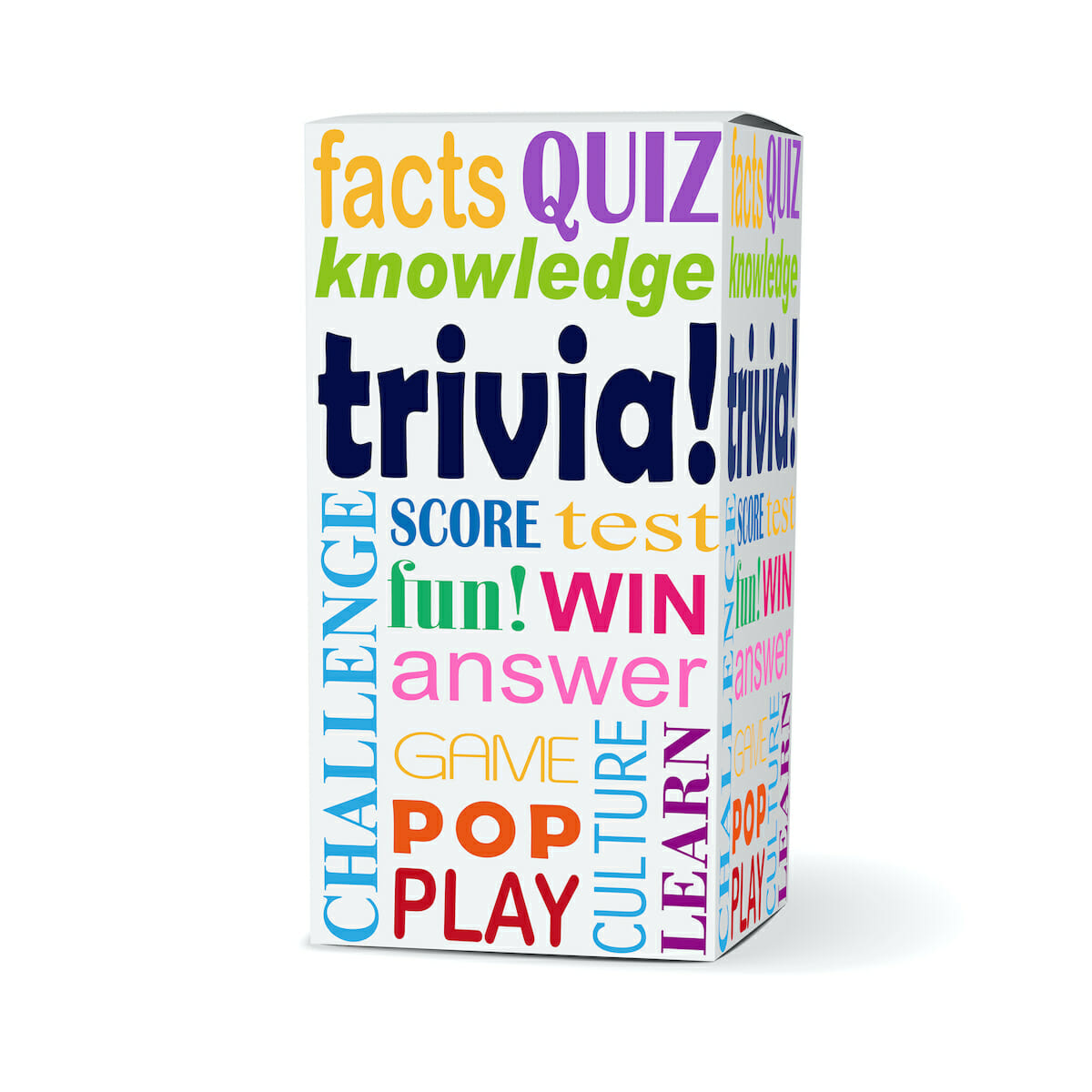Knowing obscure facts is good for our mental health
“It can be quite satisfying and doesn’t have many downsides.” That’s how psychologists describe the mental health benefits of trivia.
The way people play trivia games continues to evolve whether it’s folks enjoying Jeopardy, Trivial Pursuit at home or attending a pub trivia night.
But the basic premise remains the same: People enjoy the thrill of providing correct answers to questions about lesser-known facts. You get a neuroreward signal—or a dopamine burst from winning. Whenever you’re challenged with a trivia question and you happen to know the correct answer, you get a rush. It’s sort of like gambling. However, unlike gambling and even video games, trivia is generally not a habit that’s a problem.
Your brain on trivia
Retaining information about things we’re interested in can be like exercise for the frontal cortex as the brain ages. That’s usually the first thing to go with injury, or with age, if we don’t use it.
While knowing trivia is likely part of an intense interest in a topic for anyone, this can motivate a person to the point at which they collect information about that topic compulsively. This might be called the ‘collect them all’ phenomenon. People collect facts about a topic the way a stamp collector collects stamps. The more, and the rarer, the better.
There can be downsides if someone is obsessive about focusing on one thing and has gaps in their knowledge base or is compulsive about looking up facts instead of engaging with people. Trivia can light up hoarding circuits in the brain, and games can light up addictive circuits. Some people are compulsive about gathering information on a topic. It’s only a problem if they’re ignoring other things in their lives.
Source: http://www.healthline.com/health/happy-healthy-living#2









